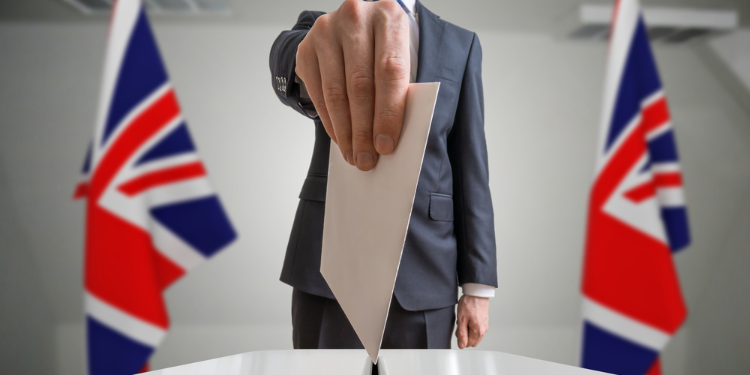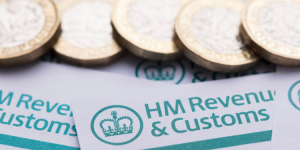
In mid-January 2024, the UK government voted to overturn a rule that used to bar British expats who'd been abroad for 15 years or longer from voting. This means that in the upcoming general elections in late 2024, around 3.5 million Britons should be able to vote from abroad.
British law about the voting rights of expats is now finally in line with the international standard
The next general elections are due to be held in the second half of 2024 or by the end of January 2025. The exact date is yet to be announced by the current Prime Minister, Rishi Sunak.
On 16 January, the reigning Conservative Party voted for a major electoral reform: allowing all British expats abroad to vote, regardless of whether they've been out of the country for 3 or 30 years. Previously, only expats who'd been domiciled abroad for less than 15 years had the right to vote. Some newspapers are calling this change the most major electoral reform since 1969 – when the voting age was lowered to 18.
The media reports that an estimated 3.5 million British expats are now set to regain their full voting rights. Most countries worldwide – including major ones in the EU, the US and Canada – grant their citizens lifelong voting rights regardless of where they are domiciled. British law hasn't been in line with international standards until now.
A late British WW2 veteran, Harry Schindler, led a lifelong campaign to regain his voting rights from Italy. Despite having been awarded the title of OBE (Most Excellent Order of the British Empire) for his war efforts for the country, he had lost his right to vote because he was an expat. It is only after his death that this reform has happened.
All British expats now register online as voters in 2024
All British expats can now register to vote on the government's website. They will then only have to update their personal information every 3 years. How can they vote from South Africa or Japan? There are two options: by post or by proxy.
As the Electoral Commission explains, voting by proxy is asking someone you trust, usually a close family member, back in the UK to go to the polling station on your behalf on election day. And which British region or locality must they apply to vote in? In whichever locality they last lived in before they left the UK.
All of these expats can now not only vote in the general elections but also in local/regional elections (e.g., to choose the mayor of their hometown), Police and Crime Commissioner elections, certain referendums, and MP recall petitions. Furthermore, they can donate to political parties and campaigners.
A research brief of the Commons Library explains that in the last general elections of 2019, 233,000 overseas Britons were registered as electors. This number is expected to rise significantly this year. Australia, the US, Canada, Spain, Ireland, New Zealand, France, and South Africa, in particular, have a large community of British expats. What do some of them think of the latest reform?
On the Expat.com forum, a British expat who has lived in Spain for over 40 years thinks this reform is “too little, too late.” He feels the reform is simply a “last ditch attempt” by the current Conservative government to gain overseas votes and cling to power. He especially feels that it is “too late” because expats didn't have a say in the Brexit referendum, a political decision that impacted their lives so much. Brexit did create multiple problems for British expats, from the ability to use their driver's license in Europe to keeping their UK-based bank accounts open.
When interviewed, a younger Briton, who had until recently been an expat in Argentina for slightly less than 10 years, says that she is also skeptical about the political motivation behind this decision. Still, she is relieved that she'll be able to keep her voting rights if she moves abroad again. She adds that this is likely to happen because her partner is not British.



















